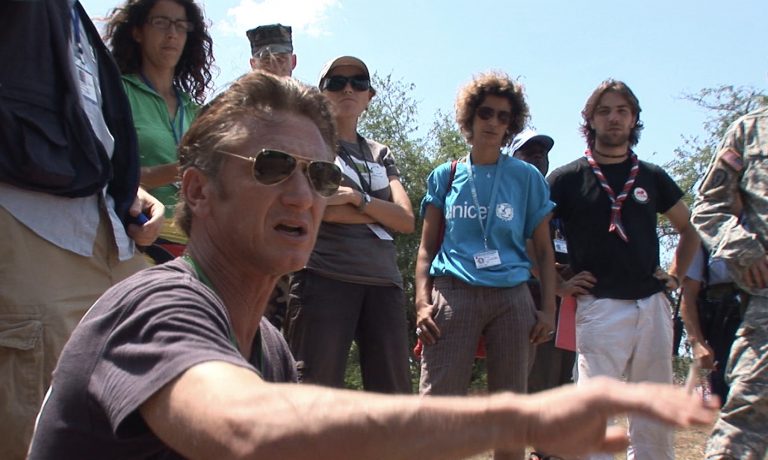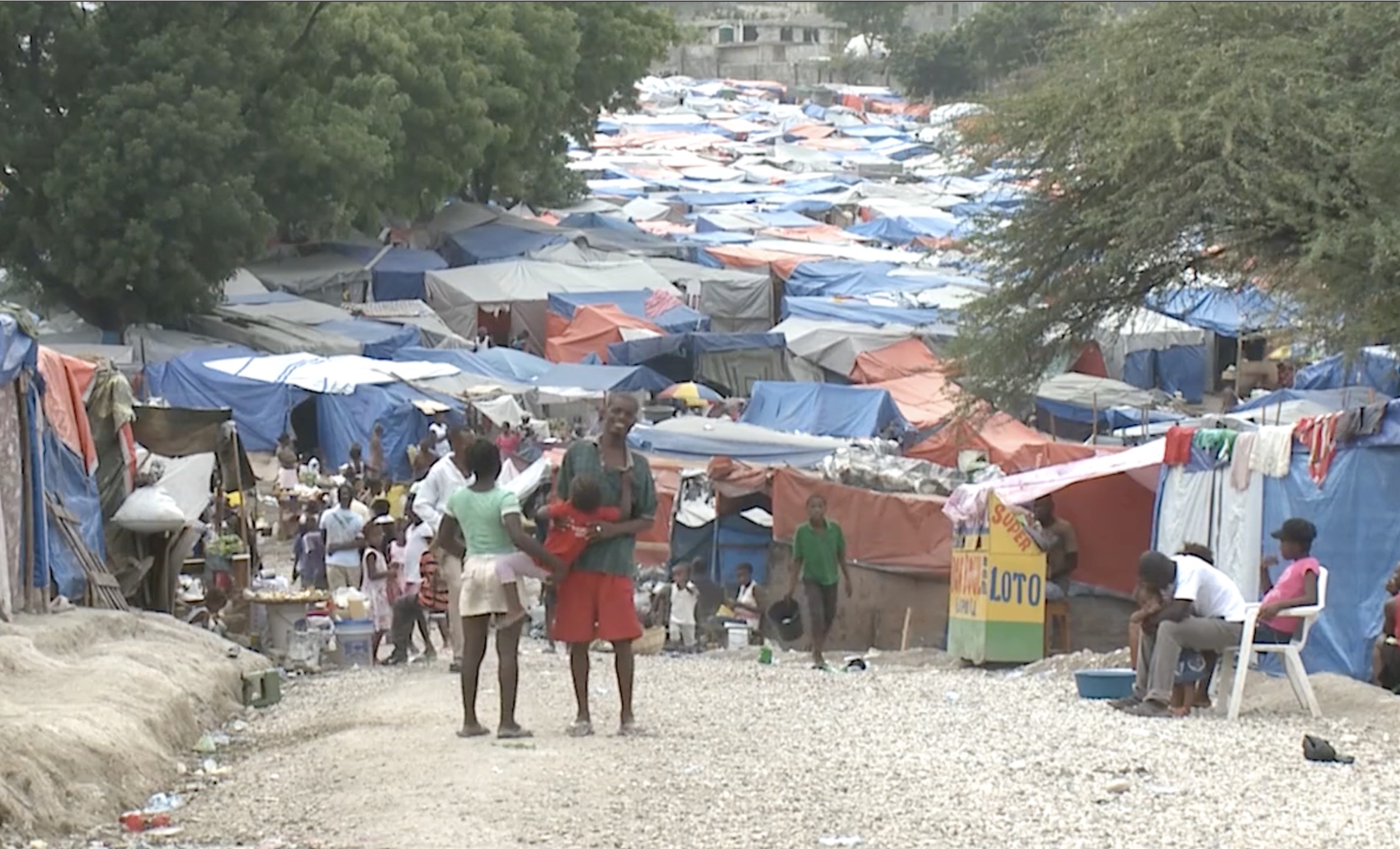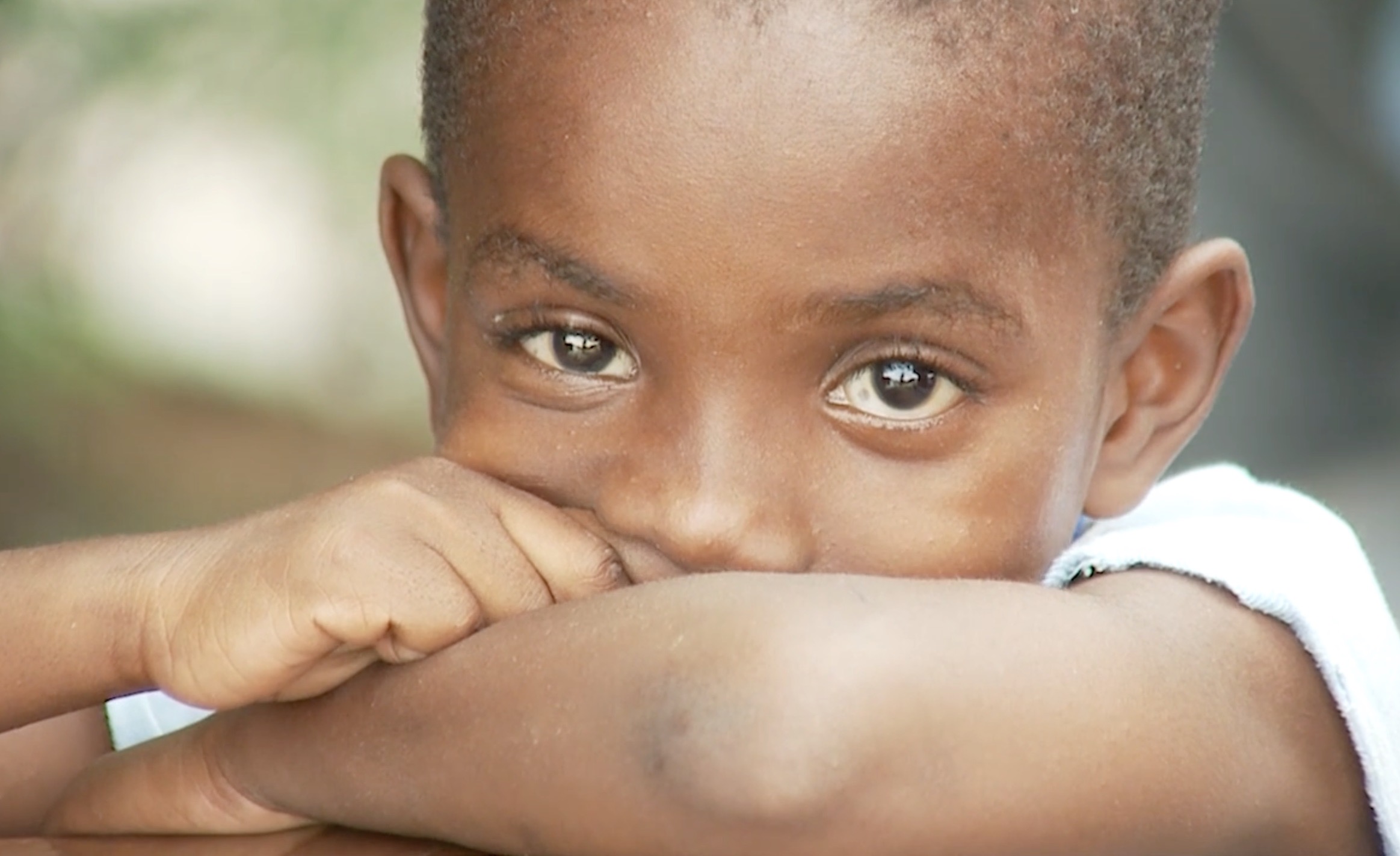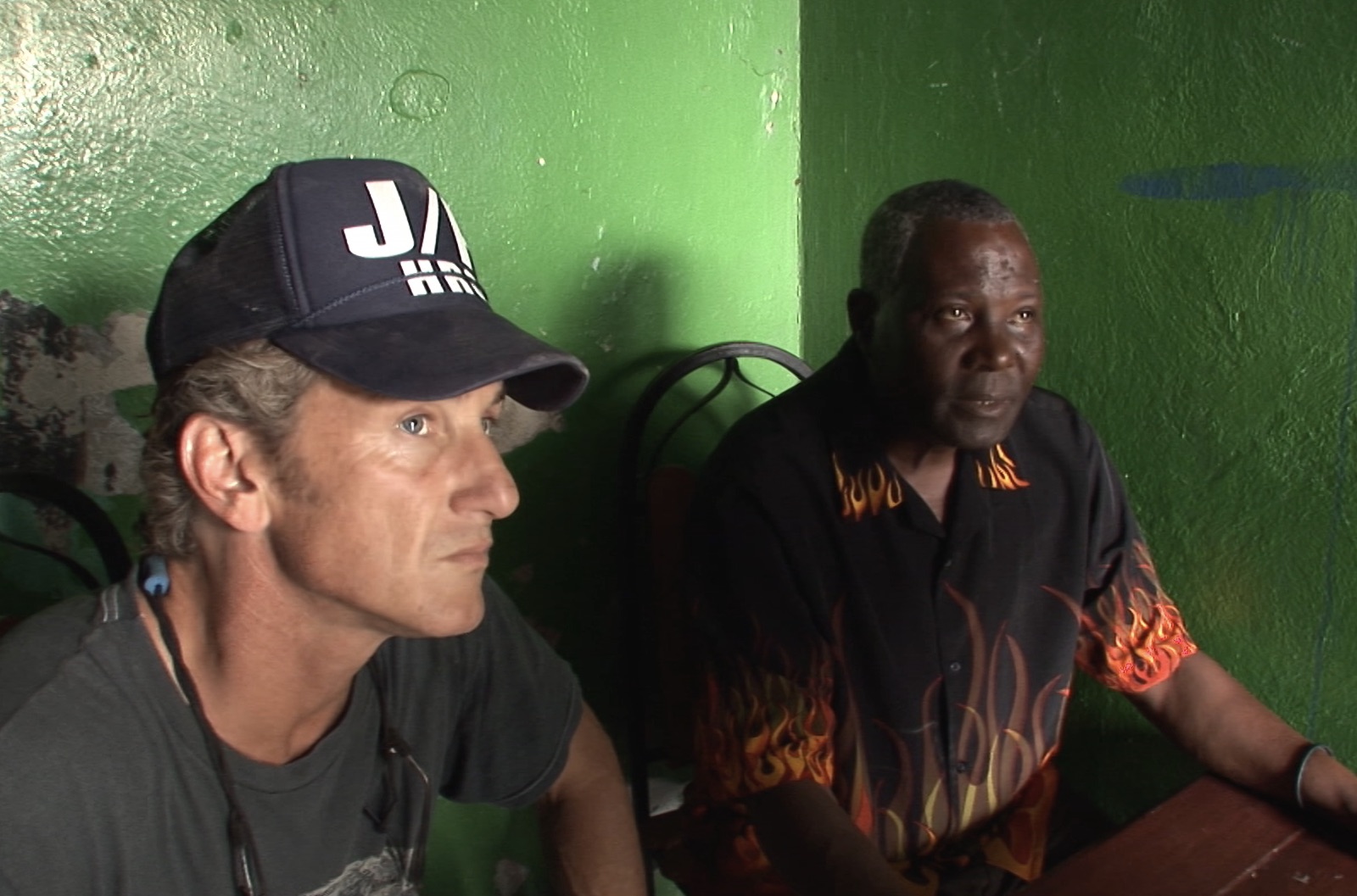
On January 12, 2010, a 7.0 magnitude earthquake hit Haiti and killed 220,000, injured 310,000; more than 1.5 million were left homeless. From that moment, desperate patients had to endure civil war style medicine, the doctor had to carry out the amputation without anesthesia. In Los Angels, six days after the 2010 earthquake in Haiti, Sean Penn jumped onto a plane for what he thought was a two-week rescue mission, ended up a decade-long journey.
An Exclusive interview with director Dan Hardy
Q : Sean seems like a very private person, how did you gain his trust to interview him about his Haitian relief effort? And how did you decide to make a film about his struggle and his organization?
(D・H) : Yes, Sean is a very private person, and I feel very fortunate he trusted me to tell this story. I met Sean for the first time back in 2005 as I was preparing to make my first independent documentary film, Witch Hunt. That film is about the wrongful conviction of a group of people, and I think it resonated with him because he had recently made the film Dead Man Walking, where he played a convicted criminal.
Sean agreed to narrate and executive produce Witch Hunt, and we stayed in touch after it came out in 2008. When the earthquake in Haiti happened in 2010, I saw Sean on CNN talking about what was happening on the ground, and I reached out to him with an offer to help capture footage of what he was seeing every day. After that, I kept going to Haiti every year to get more footage of the ongoing efforts of his organization J/PHRO (now CORE). In 2018 I approached Sean about turning all of the footage into a film, and he agreed that it would be a good time to look back at what went right, what went wrong, and everything in between.
(Q) : It amazed me that Sean was there for Bagdad, with an intention to gain a deeper understanding of what’s going on in Iraq, talk to kids in the hospital or talk with soldiers who were serving when America decided to attack Iraq because they believed that it had weapons of mass destruction. When Hurricane Katrina hit New Orleans, Sean went there to help victims firsthand. He applied those experiences to help the Haitians after the earthquake. How does he respond to some media which still spins the story that those efforts are merely publicity stunts?
(D・H) : I don’t think Sean pays much attention to what the media has to say about him anymore. He’s been in the public eye for four decades now and has heard all of the criticisms levied against him but what is unique about Sean is that he continues down the path that he feels is right. He believes what he believes, he does what he wants to do, and he follows through. That’s a rare thing in this world.
(Q) : On Jan, 12th, 2010, a 7.0 magnitude earthquake hit Haiti, and killed 230000, injured 300,000; more than 1.5 million were left homeless. It’s very difficult to wrap your head around all that. How did Sean start organizing the team, and what were the first things he did when he arrived in Haiti?
(D・H) : It is a tough thing to wrap your head around — so many dead, so many displaced … staggering. Sean began organizing by calling friends who have done disaster relief work in the past. He asked them what would be the best way forward, and then he found a way to get a plane full of supplies and personnel into Haiti at a time when it was challenging to do so. From there, they just started doing what they could and coordinating with other doctors and groups who were already on the ground, both Haitian and international organizations. They just put one foot in front of the other and tried to do the best they could.

Don Hardy/KTF Films : A Courtesy of Discovery+
(Q) : When Sean arrived there, he immediately noticed that doctors had to performed amputations without anesthesia; they used vodka to disinfect wounds. So he contacted the president of Venezuela, Hugo Chavez, to get as much morphine as possible because Chavez could expedite getting that into civilian hands. Unlike the system in the United States, that was an amazing move.
(D・H) : It’s was a move that Sean was able to make because he had met with President Chavez in a respectful way. They found a way to work together to save lives and ease a lot of suffering.
(Q) : Can you explain what the J/P Haitian Relief Organization is and how significant it is for it to raise the money?
(D・H) : J/P Haitian Relief Organization is the organization founded by Sean Penn after the 2010 earthquake in Haiti. Every year, they must raise millions of dollars to continue their work in Haiti and now in other countries. They receive some grant money, which helps, but the bulk of their work is done through donations.
(Q) : Most Haitians were living out of tents back then, and some of were living on the grounds of a private golf course — which was taking care of by Sean’s team. What I learned from the Japan earthquakes was how difficult in the aftermath of an earthquake for people to rebuild the city from the ground up, especially when the area continues to have other natural disasters like a hurricane or flood taking place afterwards. There are mudslides and sickness like cholera to deal with. They also had to deal with post-traumatic stress disorder taking place as well.
(D・H) : It’s very true. The earthquake is only one of the many disasters Haiti has experienced in the past decade. It’s so hard ever to recover when more and more things keep happening. That’s why it’s so important that countries have the supporter of foreign volunteers and aid workers to help in the disaster response and the rebuilding process.

Don Hardy/KTF Films : A Courtesy of Discovery+
(Q) : When Sean hired an engineer and contractor to remove the rubble in the streets, and it must have be devastating to see so many dead bodies several months after the earthquake. How did they locate the families of the deceased?
(D・H) : Sean’s team worked closely with members of the communities where they were working to identify what buildings might still have bodies in them and then facilitate conversations with the families of the deceased.
(Q) : It’s amazing that Sean’s organization created a school to educate kids who might lead their country later on. Can you reflect on that?
(D・H) : Yes, it is interesting to think that so many of those kids who began going to school in the camp 10 or 11 years ago could now be adults that will hopefully lead the country in a better direction in the future. I know Sean thinks about the kids in Haiti a lot. They have made a profound impact on him and everyone who spent time in Haiti
(Q) : What do you want audiences to take away from this film?
(D・H) : I hope audiences feel inspired to get involved in their communities after seeing this film. As Sean says in the film, we need more citizen engagement and citizen activism.

J/P HRO(CORE) : A Courtesy of Discovery+
Here’s the trailer for the film, “Citizen Penn.”
You can stream on discovery+ on May 6th.

